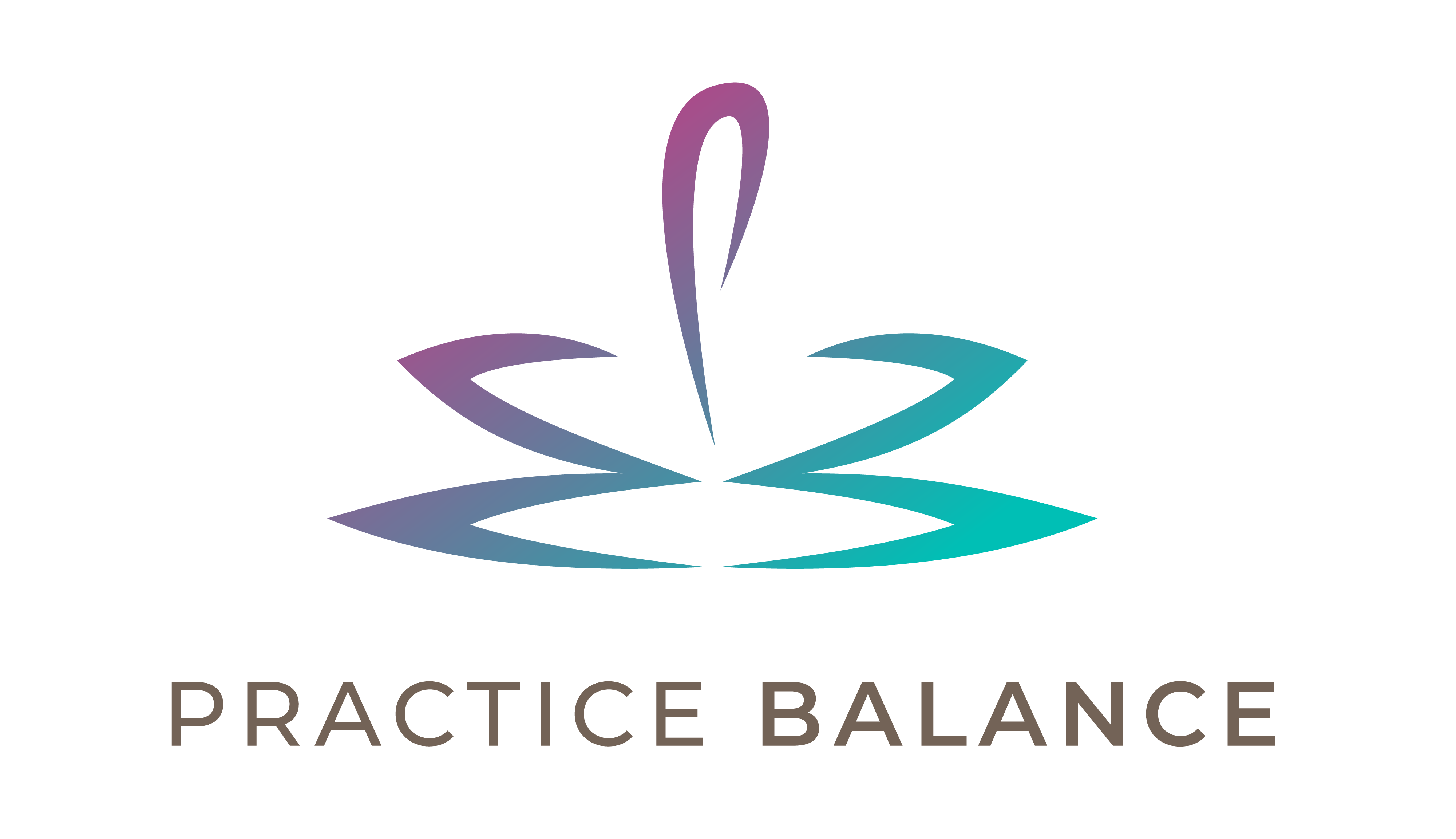
I knew he meant well, but he could not and would not ever really understand.
“Think of it was one, long pregnancy,” he said.
“I mean, all those eggs were all taken out of you on the same day and fertilized on the same day…”
“So it’s like they’re all part of the same process.”
At first I laughed through my tears. To me, the only thing that felt real at the moment was the inevitability of my miscarriage. Though scientifically and evolutionarily flawed to say the least, I vaguely got what he was trying to say. And as the time marched on, I saw the true meaning of my husband’s words.
I was well aware that by telling everyone about my pregnancy at an early stage I ran the risk that I would have to someday share bad news. So many people had already known that I was waiting for the results of my first IVF. Now I was regretting my choice, because only a week after the early sighting of a strong heartbeat, that day had come. The sac was being crowded out by accumulating blood, and there was no more heartbeat. The reality is, at age 40 and with hypopituitism, miscarriage is much more likely for me than for others. And that is saying something, because miscarriage in the first trimester is actually quite common. It may be swept under the rug by many when it happens, hoping to forget the torture, and it also may occur without a woman even knowing it. An especially heavy period a few days late is nothing much to think about, except when it’s an early miscarriage. The most common reason a first trimester miscarriage occurs, especially in older women, is a genetic or chromosomal abnormality that arrests further development. It definitely doesn’t feel like it, but in that sense, it’s happening for a very good reason and all involved will be better off with this result. And yet, there is a secrecy and shame still associated with miscarriage. In this article, Erica Berman points out the damage this paradigm does to women’s mental wellbeing.
In my mind I’m already jumping ahead to the future, violating the things I said I learned from this… We have 6 good-quality embryos frozen (more than many women ever get from a single egg harvest)… When can I go through another transfer? How long will it take everything to go back to normal before we can start again? Fear creeps up in my throat when I wonder how many times I can do this without going crazy. Then I remember to “think of it was one, long pregnancy”. This is all a process, and I’m in the middle of it. During every fertility treatment I’ve undergone this past year, there have been learning opportunities and improvements in something. My first ovulation induction was crazy-long with strange ups and downs in hormone levels, but this streamlined greatly into a smooth arc over the next tries as my body got used to hormone stimulation it hadn’t seen for years. The lining of my uterus grew thicker and more uniform each time in better preparation to keep a pregnancy. And with this last treatment (the IVF), I had actually gotten pregnant! That is a HUGE improvement in the process! When I first told a friend of mine that I was pregnant, qualifying it with the “it’s early and anything can happen” back-pedal, she said to me, “Six weeks pregnant is a hell of a lot more pregnant than you’ve ever been.” Now I see the wisdom in those words.
So I’m still moving forward in this process, trying to remember myself and not get lost, and trying to stay present.


 What IVF Taught Me
What IVF Taught Me

I'm so very sorry.